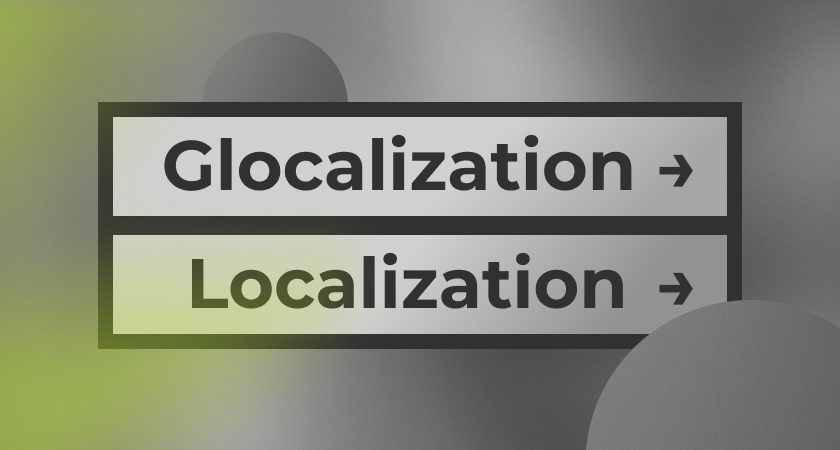- Post
Embracing Glocalization: The Key to Unlocking Global Business Growth Through Ecommerce
A glocal approach to business
If you want your product or service to be seen and purchased across the globe, minus the barriers associated with translation issues (think Bill Murray in the 2003 film, “Lost in Translation”), not to mention international compliance regulation and a menu of other potential barriers which could eat into your bottom line, then you need a glocalization strategy.
Glocalization opens doors to diverse markets, enabling you to successfully sell to global markets and audiences to maximise reach and therefore growth. But what exactly is glocalization and how can your ecommerce business become a glocal entity without the associated costs of a global footprint?
Everyone wants it. A piece of the global ecommerce cake. In 2020, According to Forbes, over two billion people purchased goods or services online.
Last year, ecommerce trade claimed 19 percent of global retail sales. This figure is forecast to increase to 25% by 2027.
Defining Glocalization
At ExpandNow we describe glocalization as:
“Adapting global online business practices to suit local markets (which) involves combining elements of global standardization with localization to meet the specific needs, preferences, and cultural nuances of different regions or countries.”
Glocalization combines global strategies with localized tactics. Your product is made available to global markets in the most relevant and appropriate way. All of the time. Glocalization is the pathway to maximized growth and increased sales.
Glocalization – the Ecommerce Solution
Glocalized ecommerce enables the best of both worlds, blending global knowledge with local perspective. No one is left behind. And you can expect to see a potential five-fold increase in your ROI.
In contrast to globalization, which markets a product or service in the same way to each and every market (think mass appeal), glocalization acknowledges the value of the local customer base by recognizing local cultural nuances, wants and needs and acknowledges cultural diversity. Following this model, local cultural practices and values form part of business strategy. This could be as simple as ensuring the correct local currency is displayed at the point of transaction. (In terms of logistics, you’ll also need to consider dashboard greetings, time and date formats, currencies – all of which need to be adapted to meet the needs of different users.) Doing business in a glocal way, enables you to benefit from a truly holistic process and pathway to the global market.

The Benefits of Doing Business the Glocal Way
Glocalizing your approach to reaching and winning your markets means you have a better chance of retaining customers which strengthens your growth strategy. The customer journey will be smoother because you have delivered a localized experience which builds trust in your brand. And whilst that will affect your bottom line, you will also be mitigating your risks by remaining culturally sensitive, resulting in a stronger ROI.
A Glocalized strategy will:
- Provide access to a broader target market
- Expand your potential customer base indefinitely
- Enhance customer satisfaction
- Improve your conversion rates
- Support stronger brand loyalty
 Image credit: Ayumi Suzuki
Image credit: Ayumi Suzuki
The Benefits of Glocalization outweigh the Cost
Despite the associated costs of glocalization resulting from costs associated with understanding local cultures and preferences and the potential need to adapt products and marketing collateral for different markets, the results speak for themselves.
By engaging with a more complex product offering which is consistent with your brand and yet flexible enough for local interpretation and engagement (and that’s the key), we believe your business will experience huge growth by engaging with the opportunity which going glocal presents.
Go Glocal
At ExpandNow we can give you all the glocalized ecommerce solutions you need, by delivering seamless cross-border transactions and unparalleled support for international expansion. Make us your DTC Commerce solution and we will take the headache out of glocal ecommerce by managing all of the practical processes associated with doing business internationally by dealing with complex and time consuming yet critical compliance protocols around:
- International payment processes
- Global tax activity
- Fraud management
- Foreign exchange systems
Leave the regulatory processes to us, your local or cross-border deliveries will be safe in our hands, supporting your glocalized presence, turning a potential barrier into a profit-maximising opportunity.

